Shaping Urban Landscapes: A Deep Dive into Cities: Skylines
Related Articles: Shaping Urban Landscapes: A Deep Dive into Cities: Skylines
Introduction
With enthusiasm, let’s navigate through the intriguing topic related to Shaping Urban Landscapes: A Deep Dive into Cities: Skylines. Let’s weave interesting information and offer fresh perspectives to the readers.
Table of Content
Shaping Urban Landscapes: A Deep Dive into Cities: Skylines
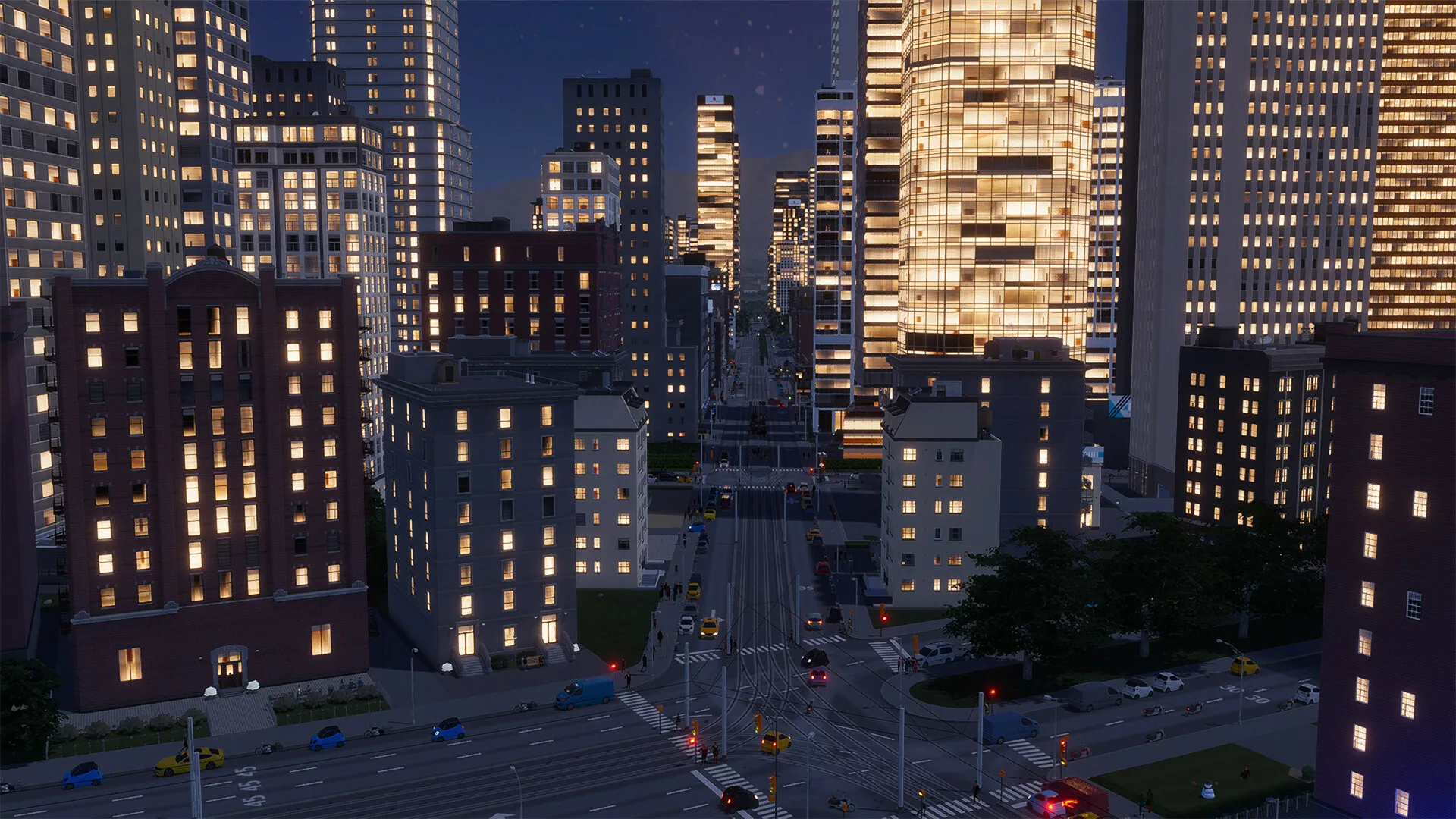
Cities: Skylines, a city-building simulation game developed by Colossal Order, has captivated players since its release in 2015. Its intricate gameplay, vast customization options, and realistic city simulation have made it a beloved title for both casual and hardcore gamers. Beyond entertainment, the game offers a unique platform for exploring urban planning, infrastructure management, and the complex dynamics of city life.
A Digital Sandbox for Urban Experimentation
Cities: Skylines presents players with a blank canvas upon which they can design and construct their ideal city. The game provides a comprehensive toolkit for creating intricate urban landscapes, encompassing everything from road networks and public transportation to zoning, resource management, and even disaster response.
Beyond Aesthetics: The Core Mechanics of City Building
The game’s depth lies in its realistic simulation of city functions. Players must carefully consider factors such as traffic flow, public services, and economic development. Efficient road networks are crucial for smooth traffic flow, while well-planned public transportation systems can reduce congestion and improve accessibility. Adequate healthcare, education, and safety services are essential for a thriving population, while a balanced economy relies on a diverse mix of residential, commercial, and industrial zones.
The Importance of Modding and Community
One of the key strengths of Cities: Skylines lies in its robust modding community. Players can create and share custom content, including buildings, vehicles, scenarios, and even entirely new gameplay mechanics. This vast library of user-generated content significantly expands the game’s scope and allows for endless customization, ensuring that no two cities are ever truly alike.
Learning from the Virtual City: Insights into Real-World Planning
While primarily a game, Cities: Skylines provides valuable insights into the challenges and complexities of real-world urban planning. Players learn the importance of strategic land use, efficient infrastructure, and sustainable development. The game can serve as a valuable educational tool, particularly for students of urban planning, architecture, and engineering.
Engaging with the Game: A Detailed Exploration
Gameplay Mechanics:
- Zoning: Players can designate specific areas for residential, commercial, or industrial development, each with its unique needs and impacts on the city.
- Infrastructure: Building roads, power grids, water and sewage systems, and public transportation networks is crucial for a city’s functionality.
- Services: Providing essential services such as healthcare, education, fire stations, and police departments ensures the well-being and safety of the city’s population.
- Resource Management: Managing the city’s resources, including electricity, water, and waste, is essential for maintaining a healthy and sustainable urban environment.
- Economy: Balancing the city’s economic needs by attracting businesses, providing jobs, and managing taxes is key to achieving prosperity.
- Policies: Implementing policies can influence the city’s development and address various challenges, from traffic congestion to environmental concerns.
- Disasters: Cities: Skylines incorporates natural disasters such as fires, floods, and earthquakes, forcing players to respond effectively and manage the city’s recovery.
Expansion Packs and Content:
- After Dark: Introduces a day-night cycle, adding new nightlife activities and challenges related to tourism and entertainment.
- Snowfall: Brings winter weather to the game, requiring players to manage snow removal, heating, and other winter-related challenges.
- Mass Transit: Expands the game’s public transportation options, adding new modes like trams, monorails, and ferries.
- Green Cities: Focuses on sustainable development, allowing players to build eco-friendly infrastructure and manage renewable energy resources.
- Industries: Introduces a more detailed industrial sector, allowing players to manage factories, resource extraction, and logistics.
Modding and Community:
- Steam Workshop: A platform for sharing and downloading user-generated mods, expanding the game’s content and gameplay possibilities.
- Modding Communities: Online forums and communities dedicated to Cities: Skylines modding, providing support, resources, and inspiration for mod creators.
- Custom Content: Players can create and share custom buildings, vehicles, scenarios, and even new gameplay mechanics, adding unique and diverse elements to the game.
Educational Value:
- Urban Planning Principles: Cities: Skylines teaches players about the principles of land use, transportation planning, infrastructure development, and resource management.
- Economic Dynamics: The game simulates the interconnectedness of economic activities, demonstrating the impact of various factors on a city’s growth and prosperity.
- Sustainability: Players are encouraged to consider environmental factors, such as pollution, energy consumption, and waste management, promoting sustainable urban development practices.
FAQs
Q: What are the system requirements for Cities: Skylines?
A: The game’s system requirements vary depending on the desired graphics settings and the number of mods installed. Generally, a modern computer with a decent processor, sufficient RAM, and a dedicated graphics card can run the game smoothly.
Q: Is Cities: Skylines suitable for beginners?
A: While the game has a steep learning curve, it offers tutorials and in-game guides to help players get started. The game’s intuitive interface and comprehensive toolset make it accessible to players of all skill levels.
Q: Can I play Cities: Skylines without mods?
A: Absolutely! The base game offers a rich and engaging experience with its extensive features and gameplay mechanics. Mods are optional and can be used to enhance or customize the game further.
Q: What are the best mods for Cities: Skylines?
A: The best mods depend on individual preferences and playstyle. Some popular mods include traffic management tools, enhanced building options, realistic weather effects, and new gameplay mechanics.
Q: How can I learn more about urban planning through Cities: Skylines?
A: The game’s official website and online communities offer resources and discussions related to urban planning. Additionally, there are numerous online articles and videos that explore the game’s educational value and its connection to real-world urban planning principles.
Tips
- Start Small: Begin with a small city and gradually expand as you gain experience and learn the game’s mechanics.
- Prioritize Infrastructure: Ensure that your city has a well-planned road network, public transportation, and essential services before focusing on other aspects.
- Manage Finances: Keep a close eye on your city’s budget and make informed decisions about spending and taxation.
- Use Zoning Effectively: Strategically designate zones to create a balanced and thriving city with a diverse mix of residential, commercial, and industrial areas.
- Explore the Modding Community: Download and experiment with mods to enhance your gameplay experience and discover new possibilities.
Conclusion
Cities: Skylines transcends the boundaries of a typical video game, offering a unique platform for exploring urban planning, infrastructure management, and the complexities of city life. Its realistic simulation, vast customization options, and thriving modding community make it a captivating and enriching experience for players of all backgrounds. Whether seeking entertainment, education, or a digital sandbox for urban experimentation, Cities: Skylines provides a compelling and engaging journey into the heart of city building.
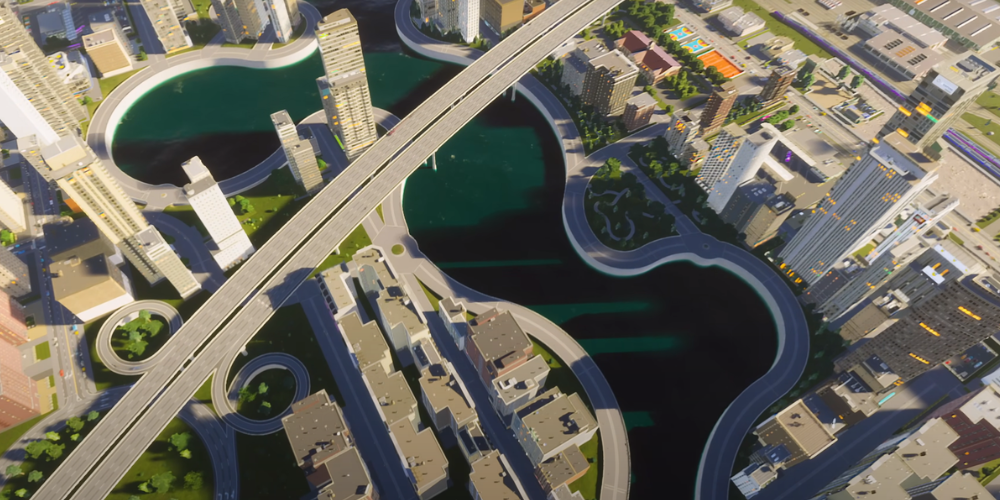

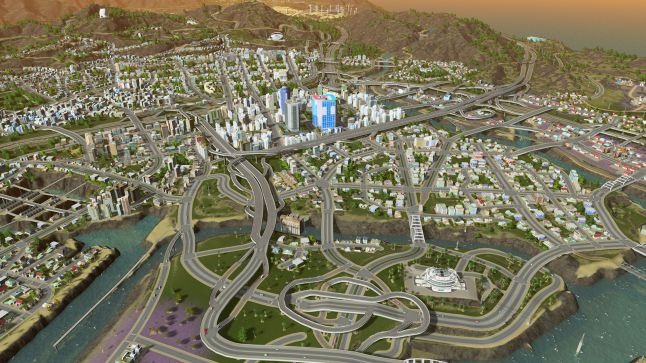
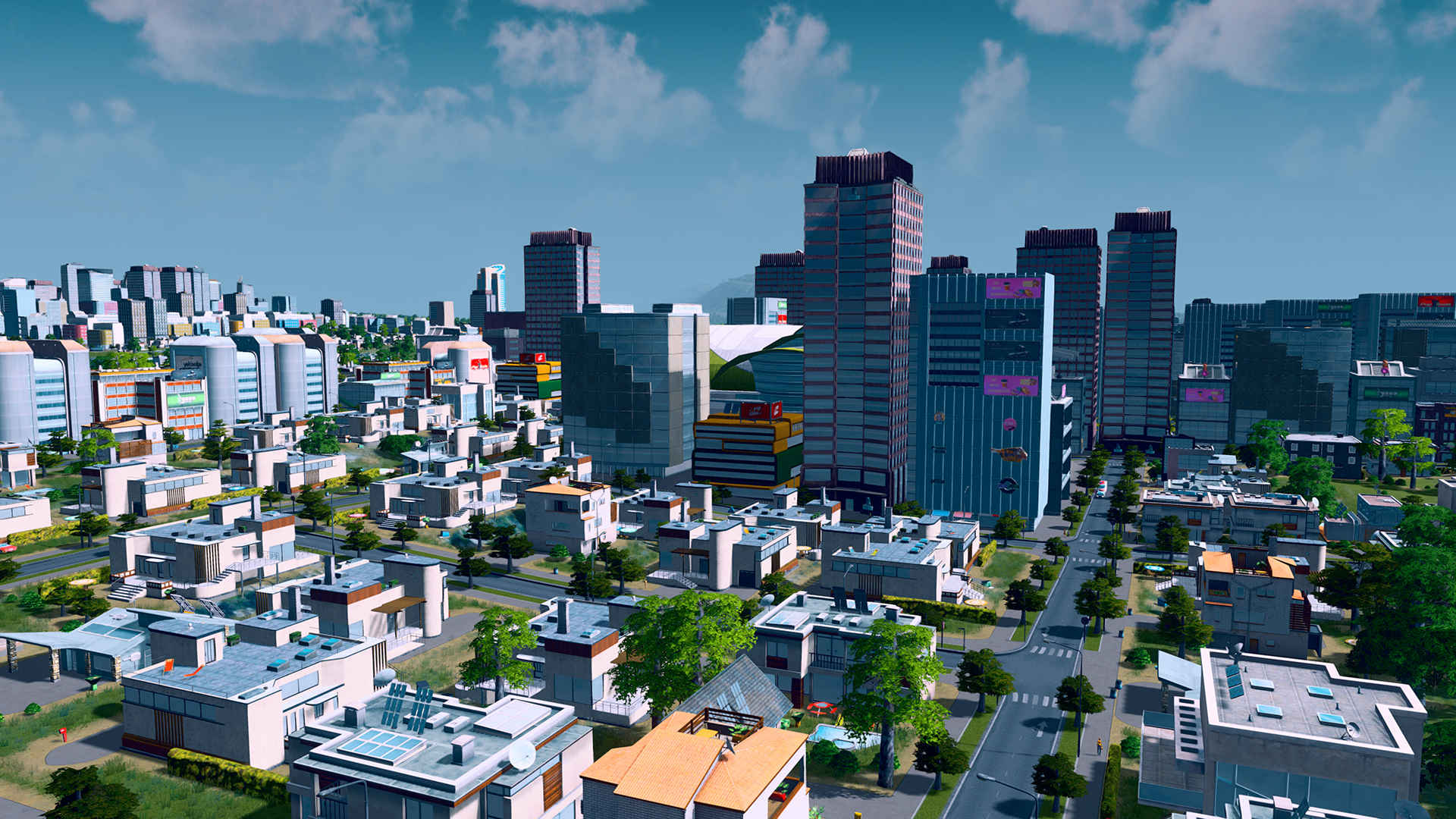
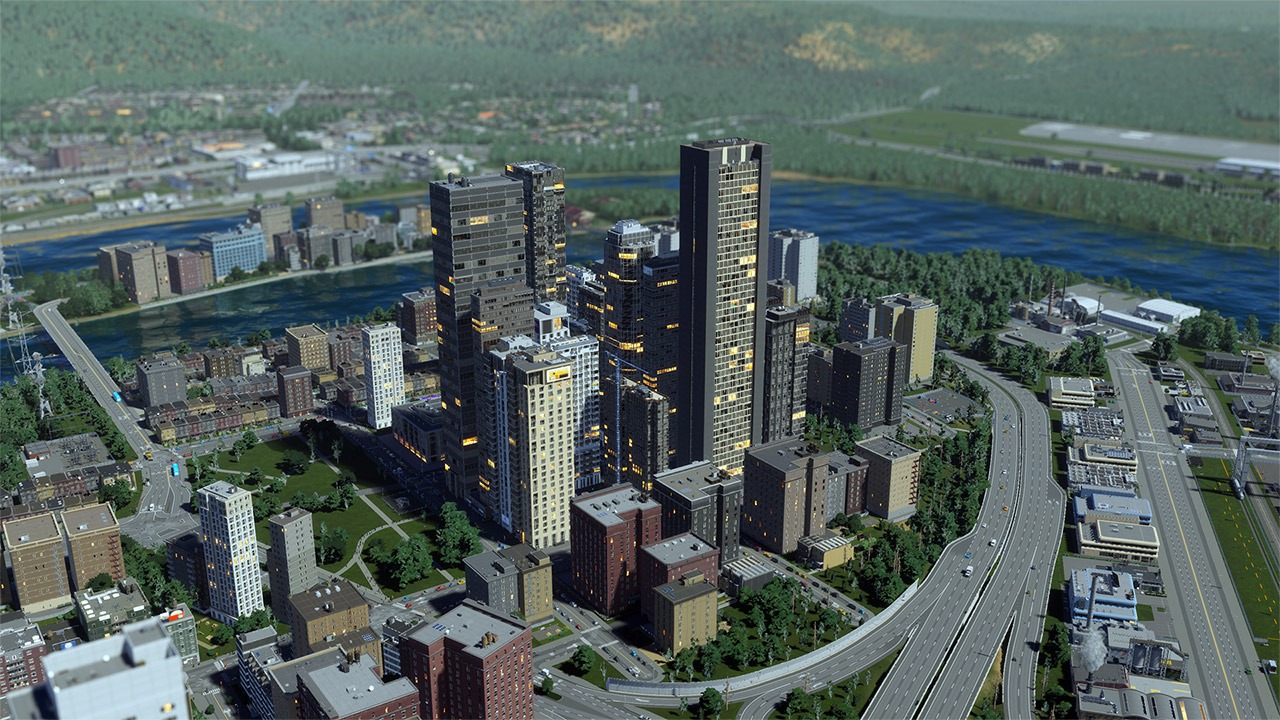



Closure
Thus, we hope this article has provided valuable insights into Shaping Urban Landscapes: A Deep Dive into Cities: Skylines. We thank you for taking the time to read this article. See you in our next article!